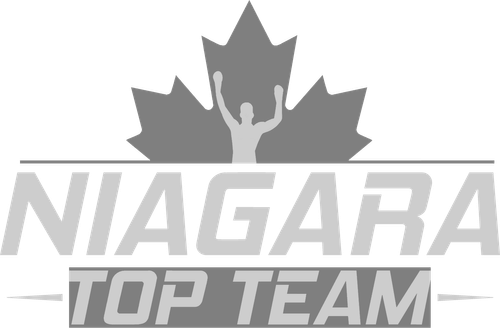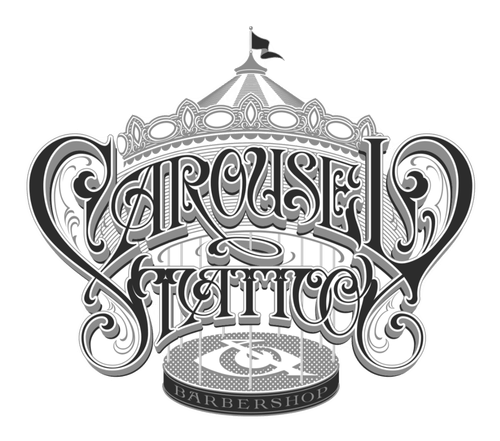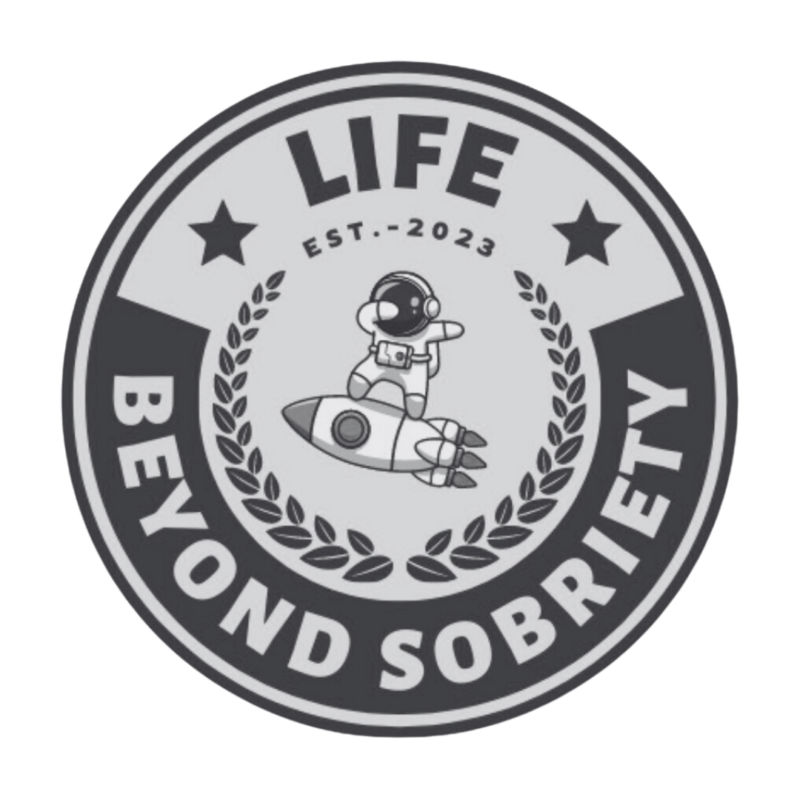The Unique Experience of Twelve Mile Recovery
Nestled in the serene landscapes of Niagara, Ontario, Twelve Mile Recovery is an extraordinary rehab facility where the journey to sobriety becomes a transformative experience. Unlike traditional institutions, Twelve Mile Recovery is entirely owned and managed by individuals who have successfully overcome addiction themselves. This distinct advantage allows the center to provide not only professional care but also empathetic support throughout the recovery process.
The founders of Twelve Mile Recovery have leveraged their personal journeys to create an environment that is nurturing and non-judgmental. With an emphasis on holistic healing, the facility addresses the multifaceted nature of addiction by integrating mental, emotional, and spiritual recovery elements into its programs. This comprehensive approach has proven to be highly effective, offering patients a path to true healing and personal growth.
A Trauma-Informed Care Approach
Twelve Mile Recovery recognizes that addiction often stems from deep-rooted trauma, whether it be physical, emotional, or psychological. With this understanding, the center adopts a trauma-informed approach to therapy, ensuring that all interactions and treatments are designed to avoid re-traumatization and promote healing.
The therapeutic team at Twelve Mile Recovery is trained in trauma-sensitive practices, helping clients process their past experiences in a safe and supportive environment. This method not only aids in addressing the root causes of addiction but also empowers clients to develop healthier coping mechanisms. By fostering a sense of safety and trust, the facility encourages individuals to confront their issues without fear, facilitating meaningful progress in their recovery journey.
Taking it a step further, Twelve Mile Recovery incorporates evidence-based psychological therapies like cognitive-behavioral therapy, allowing clients to alter negative thought patterns and behaviors associated with addiction. By focusing on both the psychological and emotional aspects, the center aids individuals in rebuilding their lives with newfound resilience and purpose.
Holistic Therapies for Total Well-Being
At Twelve Mile Recovery, the treatment philosophy extends beyond conventional therapy sessions. The facility offers a broad range of holistic therapies designed to enhance physical and mental well-being. This includes mindfulness practices, yoga, and martial arts, each carefully selected to build self-discipline, emotional balance, and physical strength.
Martial arts, a distinctive offering at the center, have been integrated as a therapeutic tool to foster resilience and self-regulation. Clients participate in structured martial arts sessions, where they learn discipline, focus, and self-control, mirroring the internal battles they face in recovery. This unique method has garnered positive feedback, with many clients reporting improved self-esteem and a greater sense of empowerment.
The Importance of Mindfulness in Recovery
Mindfulness has become an integral part of the rehabilitation process at Twelve Mile Recovery. By encouraging individuals to live in the present moment, mindfulness techniques help clients manage cravings, reduce stress, and improve emotional regulation. This practice complements the center’s holistic approach by promoting a deeper connection between the mind and body during recovery.
Benefits of Mindfulness:
- Improves concentration and focus
- Reduces symptoms of anxiety and depression
- Fosters self-awareness and acceptance
- Best rehab facilities in Ontario Canada
Through guided mindfulness exercises, clients at Twelve Mile Recovery learn to observe their thoughts and feelings without judgment. This newfound awareness allows them to break free from the cycle of addiction, empowering them to make healthier life choices.
The Role of Group Therapy
Group therapy sessions at Twelve Mile Recovery provide clients with a supportive community where they can share experiences and gain insights from others on similar journeys. This communal aspect of recovery fosters empathy, understanding, and a sense of belonging, which are crucial for long-term sobriety.
In these sessions, individuals can openly discuss their struggles and triumphs, receiving encouragement and feedback from both peers and therapists. The collective wisdom of the group often leads to profound personal discoveries and breakthroughs, creating a powerful foundation for sustained recovery.
Crafting Individualized Treatment Plans
Recognizing that every individual’s journey with addiction is unique, Twelve Mile Recovery offers personalized treatment plans tailored to meet the specific needs and goals of each client. This approach acknowledges the diversity of challenges and strengths present in each person’s story, ensuring that treatment is both relevant and effective.
Key Components of Personalized Plans:
- Comprehensive assessment of individual needs and history
- Incorporation of client preferences and goals
- Ongoing evaluation and adjustment of treatment strategies
How Personal Experience Shapes Treatment
The team at Twelve Mile Recovery consists of individuals with firsthand experience in overcoming addiction, making them uniquely qualified to understand the struggles their clients face. This personal insight informs every aspect of the center’s treatment philosophy, from the design of therapy programs to the day-to-day interactions with clients.
Having walked the path themselves, the staff members offer both hope and guidance, proving to clients that lasting recovery is within reach. This shared experience creates a profound bond between staff and clients, encouraging trust and openness in the treatment process.
Achieving Lasting Recovery
At Twelve Mile Recovery, the ultimate goal is to equip clients with the skills and confidence needed to maintain sobriety beyond their time at the facility. By blending traditional therapies with innovative approaches, the center provides a comprehensive framework for enduring recovery.
The journey doesn’t end upon completion of the program; clients are encouraged to continue practicing the skills learned and participate in Twelve Mile’s alumni network. This ongoing support helps to reinforce the positive changes made during treatment, offering a lifeline as clients navigate life after rehab.
A Commitment to Empowering Clients
The philosophy at Twelve Mile Recovery centers around empowerment, ensuring that clients leave with a sense of autonomy and self-efficacy. By nurturing each individual’s strengths and abilities, the center lays the groundwork for a fulfilling life in recovery.
Twelve Mile Recovery’s commitment to client empowerment is evident in every aspect of its operations, from the compassionate care provided by its staff to the innovative therapies available. This dedication to fostering independence ensures that clients are not merely surviving but truly thriving on their path to recovery and renewal.
What is the wait time for rehab in Ontario?
The wait time for rehab facilities in Ontario can vary significantly depending on factors such as the type of program, the specific facility, and whether it is publicly funded or private. Publicly funded facilities often have longer wait times due to high demand and limited availability. On the other hand, private facilities like Twelve Mile Recovery may offer more immediate availability, allowing individuals to begin their recovery journey without delay. For those considering rehab, it’s crucial to reach out to facilities directly to inquire about current wait times and explore all available options.
How much does private rehab cost in Ontario?
The cost of private rehab in Ontario varies based on the facility, length of stay, and the level of care offered. On average, the cost can range from $10,000 to $30,000 for a 30-day program. Twelve Mile Recovery, located in the serene landscapes of Niagara, offers a comprehensive package that may include various therapies, accommodations, and personalized treatment plans. It’s advisable to contact the facility directly to get precise information about the costs and any available financial aid or payment plans that might ease the financial burden.
How long do you stay in inpatient rehab?
The duration of an inpatient rehab program typically spans from 28 days to 90 days, but the length can vary based on an individual’s unique needs and progress. At Twelve Mile Recovery, the focus is on crafting individualized treatment plans, which means the team works closely with clients to determine the optimal length of stay to ensure effective recovery and sustainable change. This personalized approach helps accommodate individuals’ diverse backgrounds and challenges while fostering a supportive and empowering environment for recovery.
What is the Canadian Centre for addicts?
The Canadian Centre for Addictions is a private addiction treatment facility in Ontario offering a variety of treatment options for individuals struggling with substance abuse. It provides detoxification services, inpatient and outpatient programs, therapy sessions, and aftercare support. With a focus on treating the root causes of addiction, the centre employs an evidence-based approach combined with personalized care plans. At Twelve Mile Recovery, clients find a similar commitment to addressing the multifaceted nature of addiction, but with the added benefit of the owners and staff having personal recovery experience.
How does a holistic approach benefit rehab clients?
A holistic approach in rehab is designed to address not just the physical aspects of addiction but also the mental, emotional, and spiritual dimensions. At Twelve Mile Recovery, clients benefit from a range of therapies such as mindfulness, yoga, and even martial arts, all aimed at fostering self-discipline and emotional regulation. This comprehensive care model empowers individuals to heal from within, equipping them with the tools to maintain balance and resilience in the face of cravings and external pressures. As they nurture their body, mind, and spirit, clients often report a profound sense of empowerment and inner peace.
What is the importance of personal experience in treatment?
Personal experience in addiction recovery can be a powerful asset in treatment programs. At Twelve Mile Recovery, the fact that the team is comprised of individuals with firsthand recovery experience means they deliver care with empathy, understanding, and insight. Having walked the path themselves, these professionals can connect with clients on a deeper level, offering guidance that is both compassionate and authentic. This shared journey not only inspires hope but also fosters trust, creating a safe environment where clients feel understood and supported in their quest for lasting sobriety.
What role does group therapy play in recovery at Twelve Mile Recovery?
Group therapy at Twelve Mile Recovery provides a vital communal space where clients can share experiences, challenges, and successes. This collective environment fosters a sense of belonging and mutual support, which are essential components of lasting sobriety. Participants benefit from diverse perspectives and empathetic understanding, as they journey together towards recovery. Through shared wisdom and accountability, group therapy helps clients build resilience and gain insights that might not emerge in individual sessions. This supportive setting not only aids personal growth but also strengthens each individual’s resolve to sustain their recovery outside the walls of rehab.
Resources
- Substance Abuse and Mental Health Services Administration (SAMHSA) – SAMHSA is the leading agency in the United States dedicated to improving behavioral health. They provide resources, programs, and information on substance abuse and mental health treatment.
- National Institutes of Health (NIH) – NIH is a government agency that conducts and supports medical research. They offer valuable information on addiction, treatment options, and the latest research in the field.
- National Alliance on Mental Illness (NAMI) – NAMI is a nonprofit organization that provides advocacy, education, and support for individuals and families affected by mental illness. They offer resources on addiction, mental health, and recovery.
- Centers for Disease Control and Prevention (CDC) – The CDC is a national public health institute in the United States. They offer valuable information on addiction, substance abuse trends, and public health initiatives related to addiction and recovery.
- National Institute on Drug Abuse (NIDA) – NIDA is a government agency that supports research on drug abuse and addiction. They offer resources on prevention, treatment, and the science of addiction.












